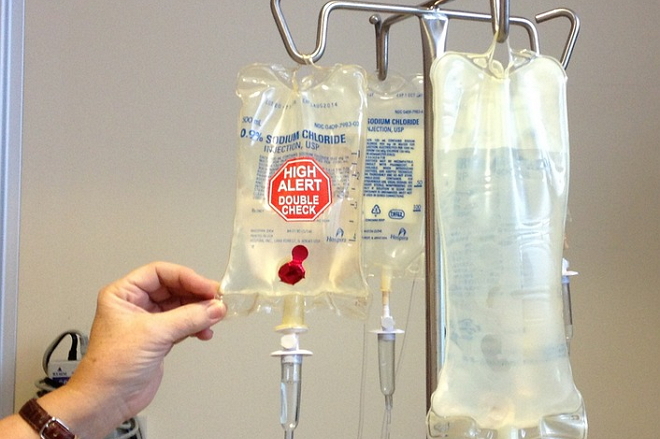Release date: 2018-06-07

"Through this study, approximately 70% of patients with the most common types of breast cancer can safely avoid painful chemotherapy." Author, Department of Cancer Research, Chicago Stritch School of Medicine, Loyola University, Chicago, Loyola Medical Oncology Kathy Albain said, "For most patients and doctors, the days of uncertainty are gone."
This breakthrough study was announced at the ASCO 2018 annual meeting on June 3.

DOI: 10.1056/NEJMoa1804710
Genetic testing scores the probability of "tumor recurrence"
The Kathy Albain team used a 21-gene breast cancer assay, a multi-year genetic test, to identify 21 genes in a patient's breast tumor sample to determine their level of expression. Based on this test, the researchers scored 0-100 for the “recurrence probability†of the tumor. The higher the score, the higher the probability of cancer complexity (the lower the patient survival rate may be). It is clear that breast cancer patients with higher scores receive chemotherapy and their risk of cancer recurrence is significantly reduced.
Prior to this, the challenge for doctors and patients was: What if the patient's “probability of recurrence†tends to an intermediate value (whether the benefits of receiving chemotherapy are greater than its side effects and toxicity)? Previous studies have shown that patients under 10 do not need chemotherapy, and those with 25 or more require chemotherapy.
"Redefined" chemotherapy or not
Now, the Kathy Albain team focuses on the analysis of most female patients at 11-25.
They recruited 10,273 women with common breast cancer types (hormone receptor-positive, HER-2-negative and did not spread to lymph nodes), and 69% (6711) of them achieved 11 in the 21-gene test. -25 points.
These patients were randomly assigned to receive two treatment regimens: hormone therapy after chemotherapy, and hormone therapy alone. The researchers recorded indicators such as cancer-free, local recurrence, distant metastasis, and overall survival during the treatment period.
The results showed that there was no significant difference between the chemotherapy group and the non-chemotherapy group for female patients with 11-25 points (especially 50-75 years old). For patients under 50 years of age, when the genetic test score is ≤ 15, there is no significant difference between the two treatment regimens. For younger patients with a genetic test score between 16 and 25, receiving chemotherapy is slightly better than not receiving it.
"This study will have a huge impact on patients and doctors. It will greatly increase the number of patients who give up chemotherapy without affecting the outcome of the treatment," Kathy Albain said.
Reference materials:
Landmark study finds more breast cancer patients can safely forgo chemotherapy
Source: Bio-Exploration
Seeds,Palay Seeds,Hybrid Palay Seeds,Palay Seeds Variety
XIKE AGRICULTURAL GROUP CO . .LTD. , https://www.laoseed.com